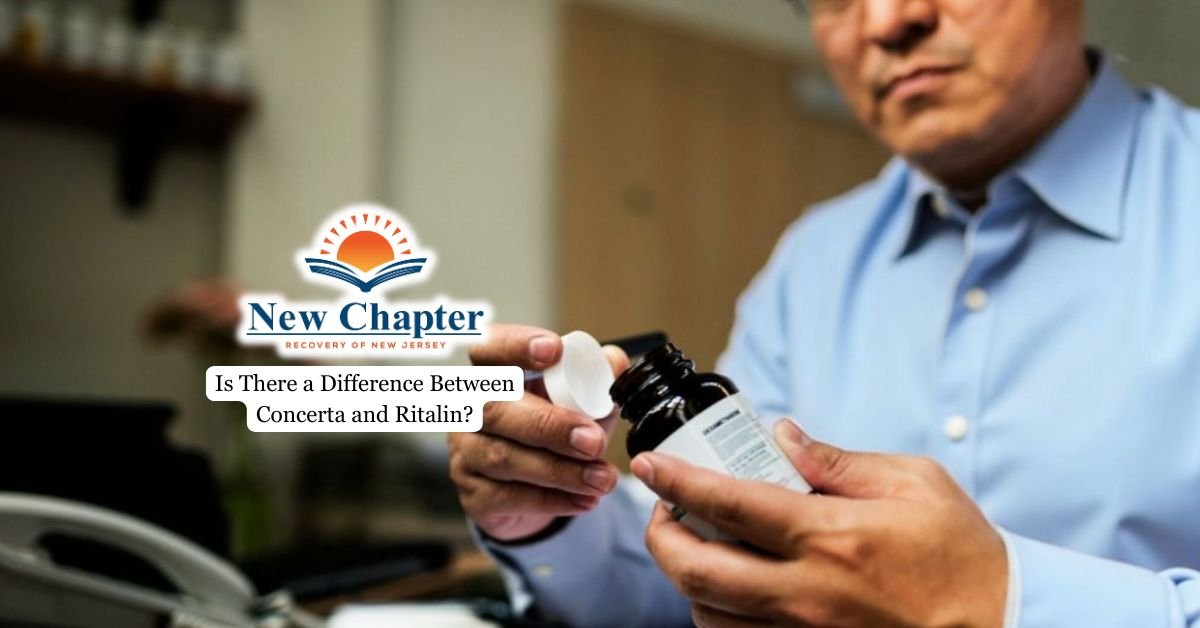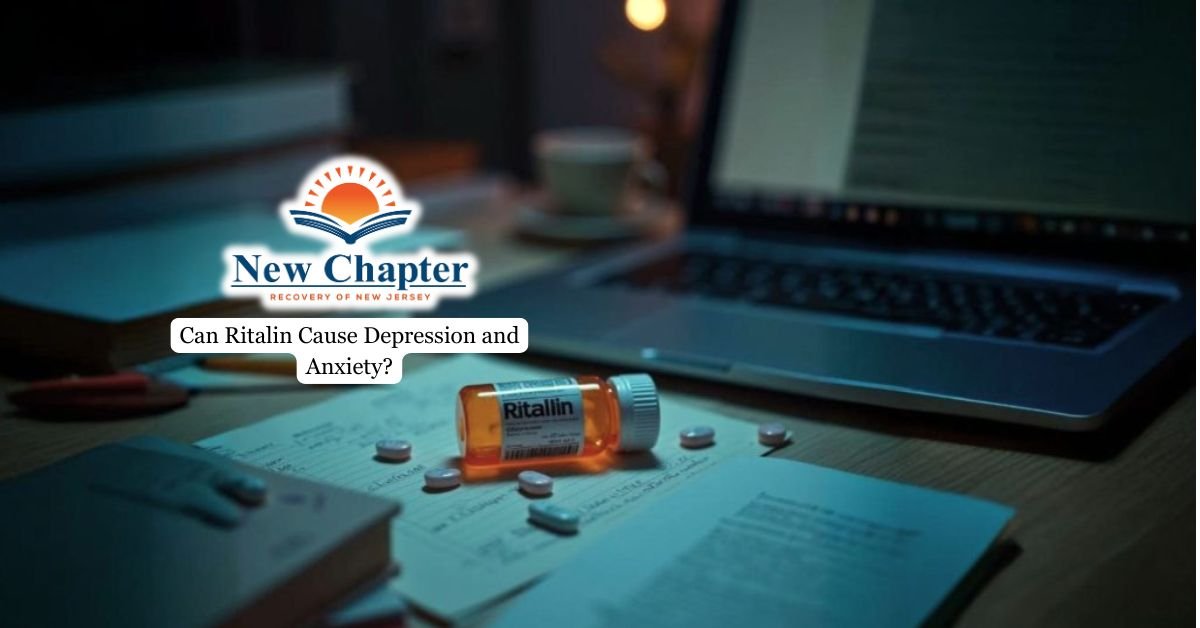
Understanding Addiction as a Family Disease
Substance use disorder changes family interactions, often creating dysfunction. Family members take on roles that enable or shield a loved one from the consequences of their addiction. Some become caregivers, while others withdraw emotionally to avoid conflict. These shifts in family dynamics contribute to stress, resentment, and miscommunication. The presence of addiction can also lead to financial strain, emotional exhaustion, and mental health disorders among family members.
Patterns of Codependency and Enabling
Many families develop codependent behaviors in response to addiction. They may unintentionally support substance use by covering for their loved one, making excuses, or providing financial assistance despite the harm it causes. Enabling prevents individuals from recognizing the full impact of their addiction, delaying the recovery process. Therapy helps family members recognize and replace these behaviors with constructive support strategies.
The Foundations of Family Therapy in Addiction Treatment
Family therapy for addiction focuses on the relationships within the family, rather than treating only the individual with substance use disorder. This approach views the family unit as an interconnected system where each person’s actions influence others. Therapy sessions aim to improve communication, rebuild trust, and establish new patterns of interaction that support recovery.
Different Types of Family Therapy For Addiction Treatment
- Brief strategic family therapy targets dysfunctional behavior patterns and introduces healthier communication methods.
- Structural family therapy reorganizes family roles and relationships to create a more functional family system.
- Multi-dimensional family therapy is particularly beneficial for adolescent substance use, addressing both family and external influences.
- Functional family therapy strengthens relationships by promoting positive interactions and reducing negative behaviors.
Benefits of Family Involvement in Addiction Treatment
Support for the Person in Recovery
When family members participate in therapy, they provide a strong support system that improves treatment outcomes. Research shows that individuals with family involvement in their addiction treatment are more likely to complete their treatment programs and maintain long-term sobriety. Family Therapy sessions create accountability, helping individuals feel supported rather than isolated. Therapy also helps reduce environmental triggers within the family, making relapse less likely.
Emotional Healing for Family Members
Family therapy helps loved ones process the emotional pain caused by addiction. Many family members experience feelings of guilt, anger, or betrayal, which can interfere with their ability to support their loved one’s recovery. Therapy offers a structured space to address these emotions and develop coping strategies. It also provides education on substance use disorder, helping families understand the complexities of addiction and the recovery process.

Key Components of Effective Family Therapy
Education on Addiction and Recovery
Understanding addiction as a disease rather than a personal failure is crucial for both individuals and their families. Therapy sessions provide education on how substance use affects brain function, behavior, and decision-making. Families learn to recognize signs of relapse and understand the stages of treatment and recovery. This knowledge helps reduce frustration and creates a more supportive environment.
Improving Communication Skills
Substance abuse often leads to breakdowns in communication within the family. Therapy treatment focuses on developing skills such as active listening, expressing emotions without blame, and resolving conflicts constructively. These improved communication techniques strengthen relationships and create a healthier family dynamic.
Setting and Maintaining Boundaries
Establishing boundaries is a critical aspect of family therapy. Many families struggle with setting limits, either becoming overly controlling or allowing harmful behaviors to continue unchecked. Therapy helps family members define healthy boundaries that support recovery without enabling substance use. Setting clear expectations and consequences encourages accountability and reinforces the recovery process.
The Role of Family Therapy in Long-term Recovery
For recovery to succeed, the home environment must reinforce sobriety. Therapy sessions help families establish routines and structures that promote stability. Families work on creating positive interactions, engaging in substance-free activities, and supporting their loved one’s progress without reverting to old patterns.
Preventing Relapse Through Family Support
Therapy sessions teach family members how to recognize early warning signs of relapse and respond appropriately. Families understand the importance of ongoing support, even after formal treatment ends. Families help create a lasting foundation for sobriety by continuing therapy and maintaining healthy interactions.
Strengthening Family Relationships
Beyond addiction recovery, family therapy improves overall family dynamics. Therapy sessions help resolve conflicts, rebuild trust, and create stronger emotional connections. This process benefits not only the individual in recovery but also family members who have been affected by addiction.
Final Thoughts from New Chapter Recovery
Both individuals in recovery and their loved ones benefit from family therapy for addiction treatment, addressing the link between relationships and addiction.
At New Chapter Recovery, we integrate family therapy into our programs, empowering families to rebuild trust, strengthen bonds, and create a supportive environment for lasting healing and growth.






